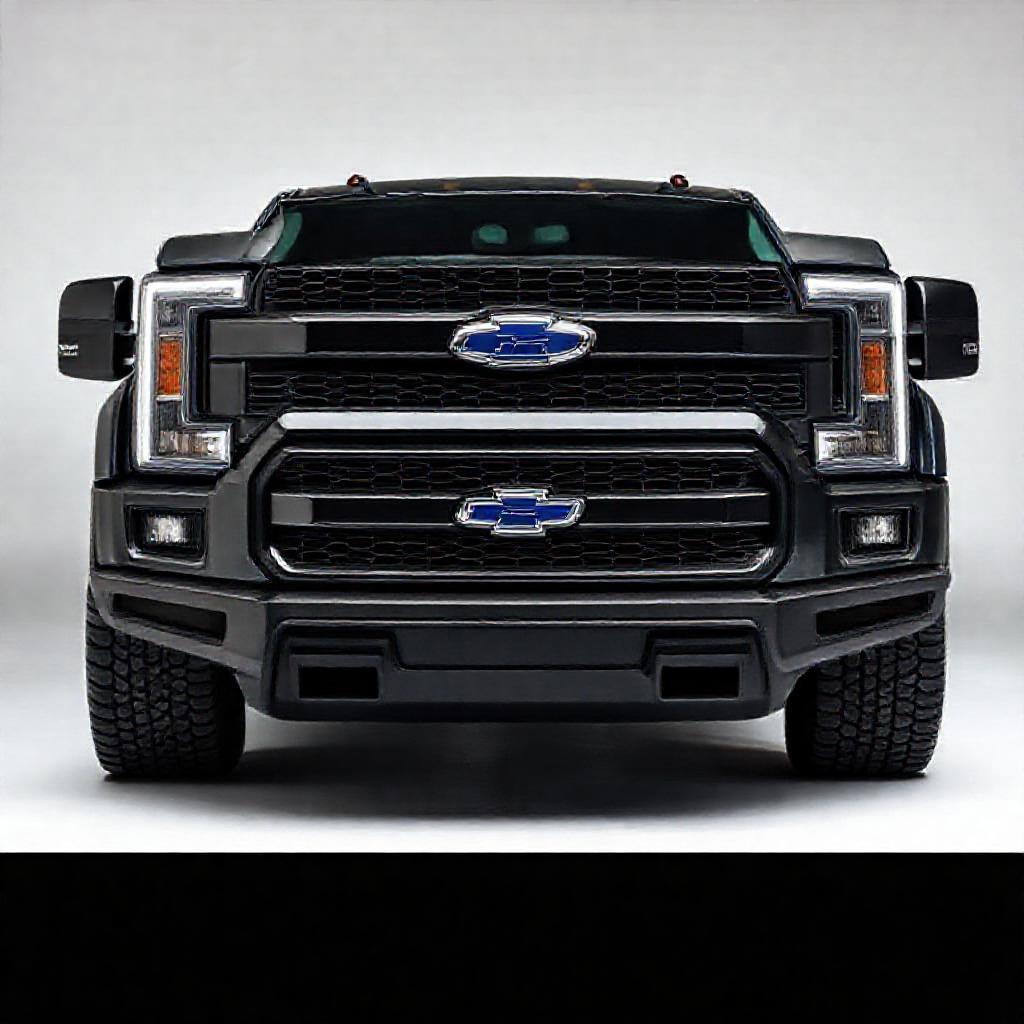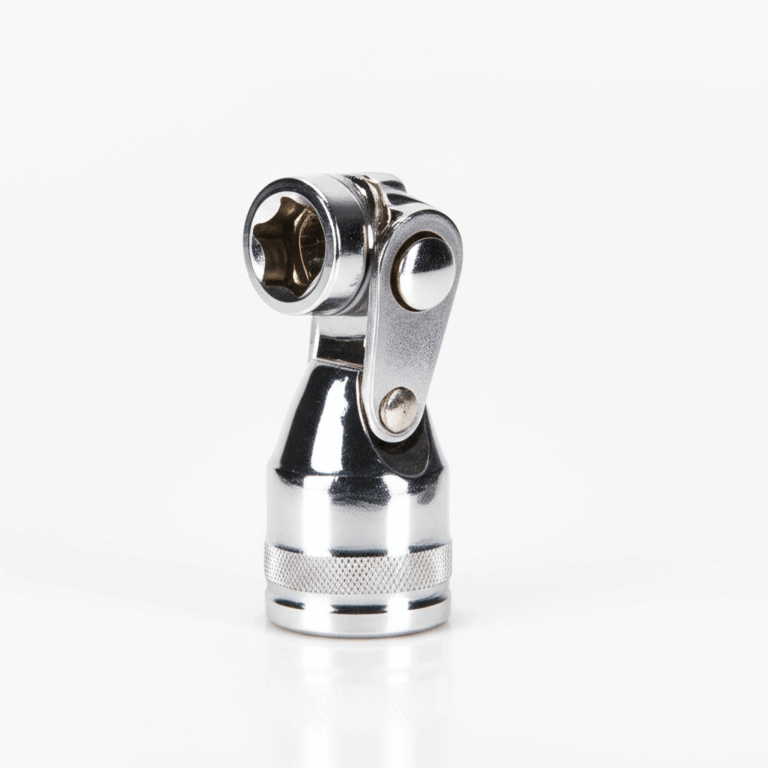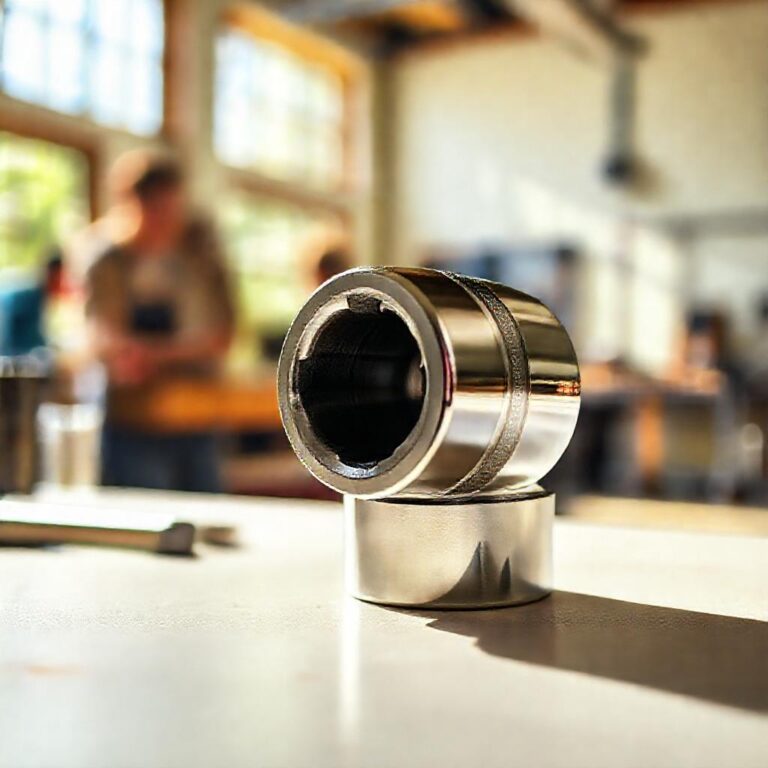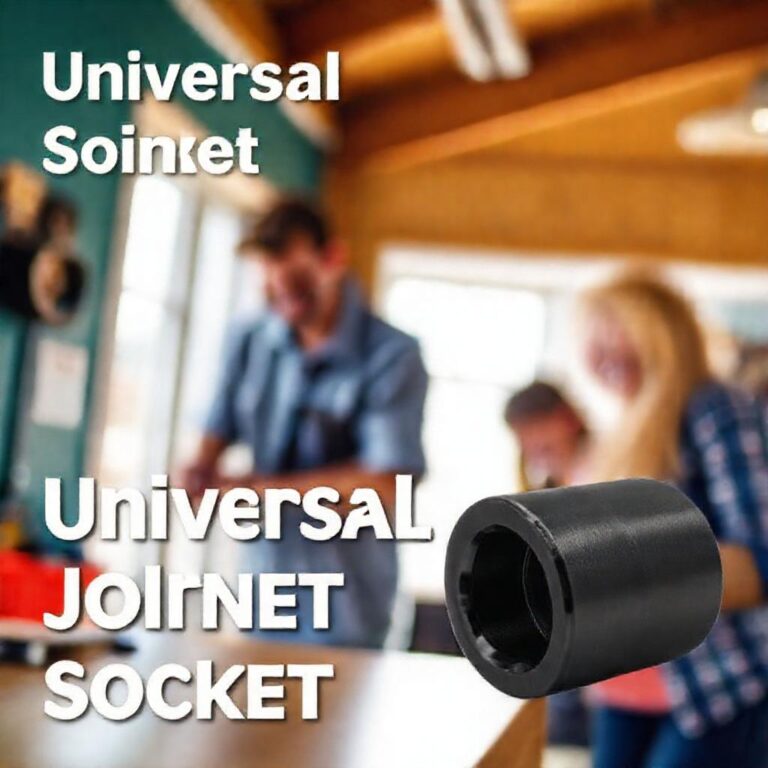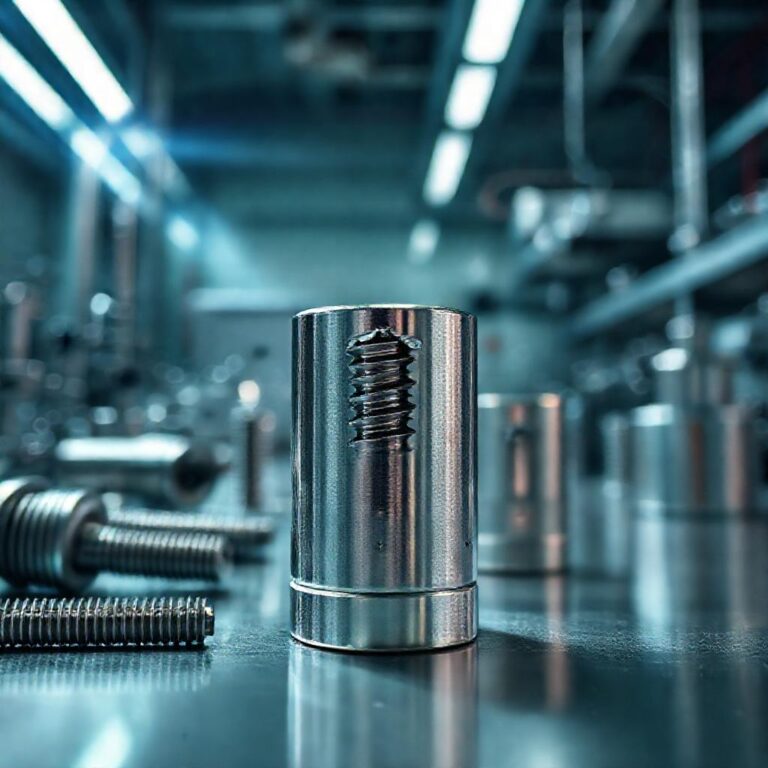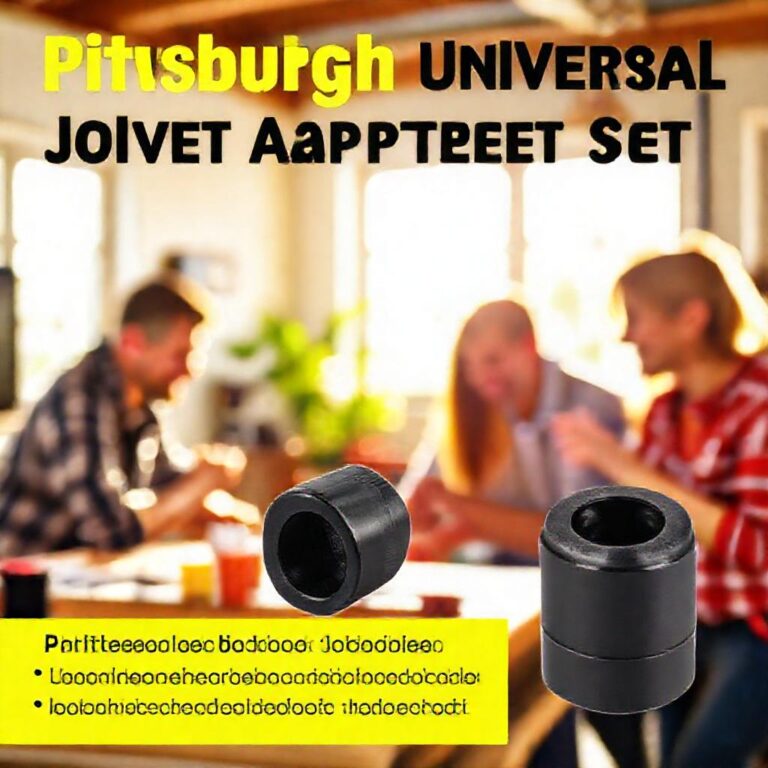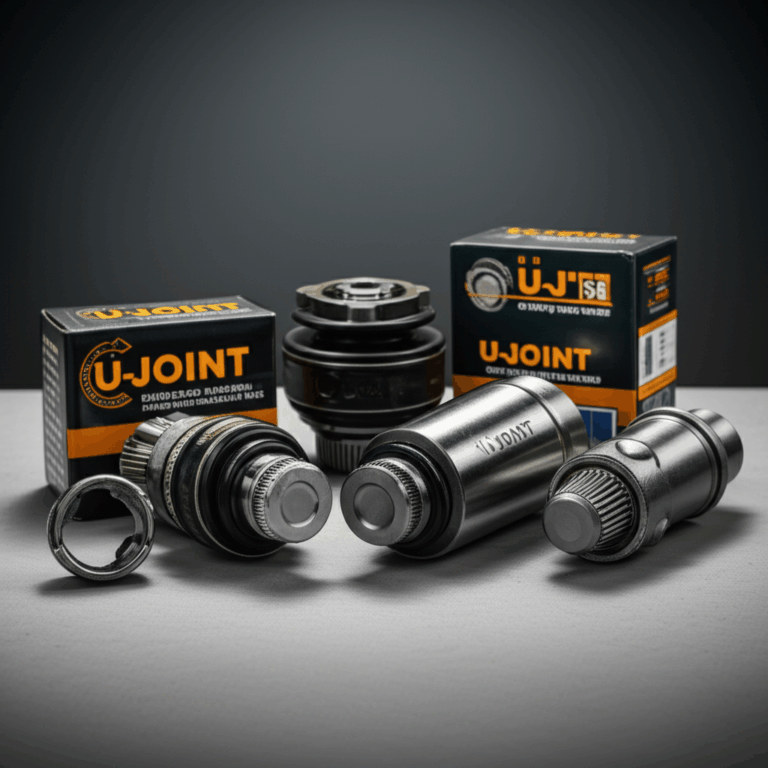Ford/chevy Compatible Kits
For Ford and Chevrolet vehicle owners, upgrading or repairing their trucks and SUVs doesn’t have to be a daunting task. Compatible kits are designed to seamlessly integrate with these iconic vehicles, offering tailored solutions that enhance performance, aesthetics, and functionality. Whether you’re a DIY enthusiast or a professional mechanic, understanding the right kits for your specific model can save time, money, and headaches. This guide explores everything you need to know about Ford/Chevy compatible kits, from their purpose to installation and maintenance tips, ensuring your vehicle remains reliable and optimized for years to come.
Step-by-Step Process
Identify Compatibility
Check vehicle make, model, and year for kit compatibility.
Select Kit Components
Choose parts that match both Ford and Chevy specifications.
Verify Installation Guides
Review manufacturer instructions for proper fitment and tools.
Test Fit Components
Dry-fit parts to ensure alignment and clearance before final assembly.
Finalize Installation
Secure all components and test functionality.
Process infographic for Ford/chevy Compatible Kits
Understanding Ford/Chevy Compatible Kits
What Are Ford/Chevy Compatible Kits?
Ford/Chevy compatible kits are pre-assembled collections of parts engineered to fit and function with specific models from these manufacturers. These kits often include components like engine systems, suspension upgrades, or interior/exterior accessories. By ensuring precise fitment, they eliminate the guesswork involved in customizing or repairing vehicles, making them ideal for owners seeking reliable, ready-to-use solutions.
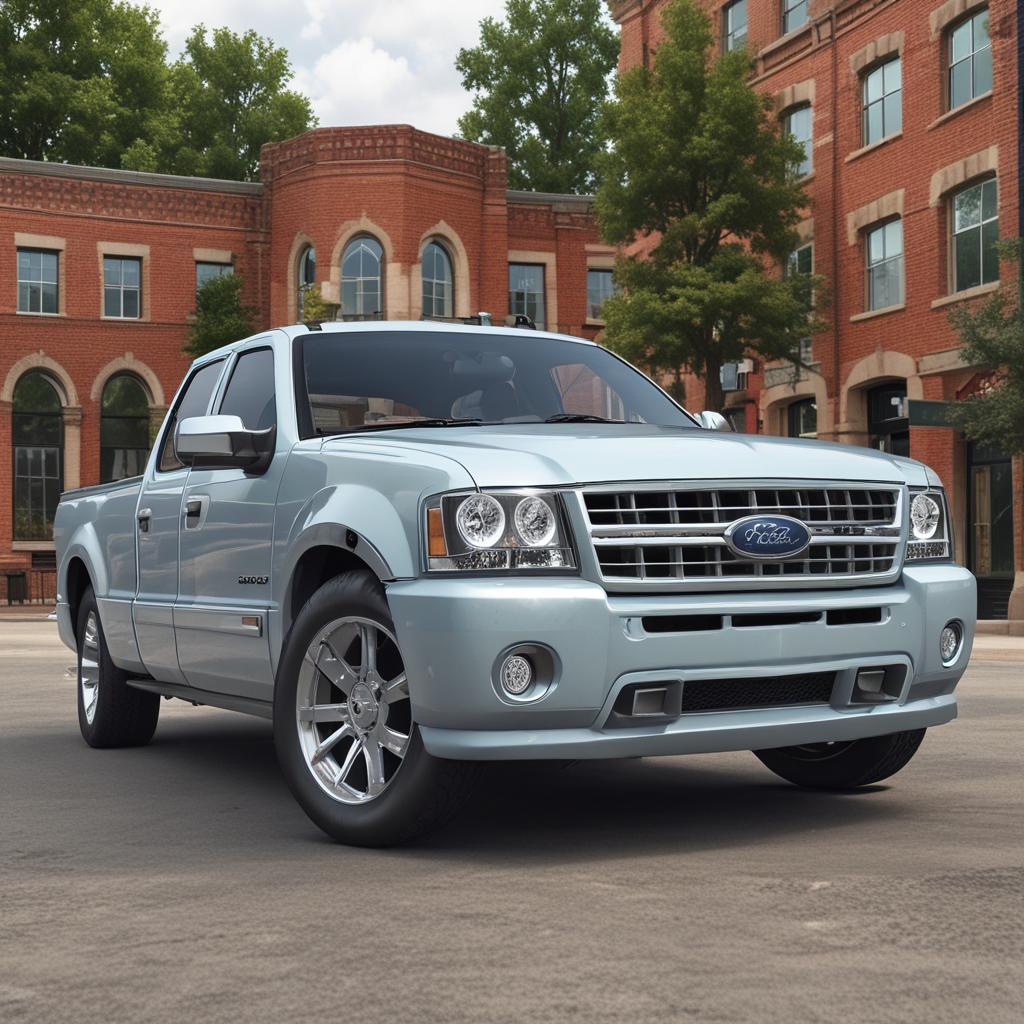
Key Differences Between Ford and Chevy Vehicles
Ford and Chevrolet vehicles, despite their similarities as American trucks and SUVs, have distinct engineering designs. Differences in engine configurations (e.g., Ford’s EcoBoost vs. Chevy’s Duramax), frame structures, and electrical systems mean parts aren’t always interchangeable. Compatible kits address these variations, ensuring components work harmoniously with your vehicle’s unique architecture.
Types of Ford/Chevy Compatible Kits
Engine Performance Kits
Performance kits for Ford and Chevy models typically include cold air intakes, exhaust systems, and tuning modules. For example, kits for the Ford F-150’s 5.0L V8 or Chevy Silverado’s 6.2L V8 are optimized to boost horsepower and fuel efficiency. Always verify model-specific compatibility, as even minor differences in engine bay layouts can affect installation.
Suspension and Lift Kits
Suspension and lift kits are tailored to enhance ride comfort and off-road prowess in Ford trucks and Chevy SUVs. Brands like Bilstein and Fabtech offer kits designed for models like the Ford Raptor or Chevy Tahoe, ensuring proper clearance and handling. These kits often include shocks, springs, and control arms calibrated to the vehicle’s weight distribution and suspension geometry.
Interior and Exterior Accessory Kits
From premium seat covers for a 2023 Ford Bronco to LED light bar mounts for a Chevy Colorado, accessory kits preserve your vehicle’s design while adding personal flair. Exterior kits like grilles or bumpers are engineered to match factory dimensions, while interior kits may include dash panels or trim pieces that align with OEM color schemes and materials.
Benefits of Using Compatible Kits
Enhanced Vehicle Performance
Compatible kits ensure parts work together efficiently, avoiding mismatches that could reduce performance. For instance, a Ford Shelby GT500 intake kit improves airflow without requiring modifications to the engine’s computer system, maintaining reliability while boosting power.
Cost-Effectiveness
These kits are often more affordable than OEM parts or custom builds. A Chevy Tahoe suspension upgrade kit can cost significantly less than replacing individual components over time, offering long-term savings without sacrificing quality.
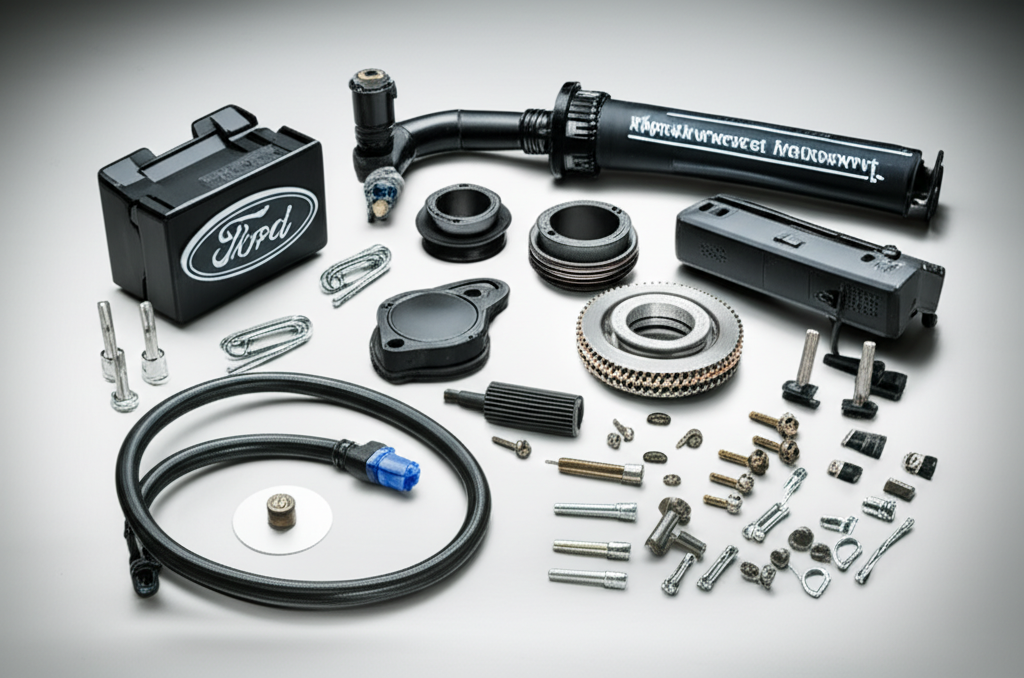
Ease of Installation
Many compatible kits come with detailed instructions and pre-drilled brackets, enabling DIY installation. For example, a Ford Mustang cold air intake kit can be installed in under an hour with basic tools, making it accessible for enthusiasts of all skill levels.
How to Choose the Right Ford/Chevy Compatible Kit
Identifying Your Vehicle’s Needs
Define your goals: Are you fixing a worn-out part, or upgrading for performance? For a rugged Ford F-250, a heavy-duty suspension kit may be essential, while a Chevy Malibu owner might prioritize engine efficiency upgrades.
Checking Compatibility
Use your vehicle’s VIN to cross-reference compatibility with manufacturers’ databases. Check model year, engine type, and trim level, as kits designed for a 2018 Ford Raptor won’t fit a 2020 model without adjustments.
Quality and Brand Considerations
Opt for kits from trusted brands like Airaid, Prospector, or MagnaFlow. Reading reviews and ensuring parts meet OEM standards can prevent premature wear or performance issues.
Installation Tips for Ford/Chevy Compatible Kits
Pre-Installation Preparation
Gather necessary tools, such as wrenches and torque specs, and clean the work area. For complex kits like exhaust systems, ensure you have a jack stand and safety gear ready.
Common Installation Challenges
Unexpected obstacles include incompatible bolt patterns or wiring differences. Research model-specific forums to identify potential issues—Chevy’s bolt-in rear differential kits, for example, may require minor bracket adjustments on certain Fords.
Post-Installation Testing
After installation, test the kit under controlled conditions. Take a short drive to check for unusual vibrations or noises, and ensure all electronic components (e.g., LED lights) function correctly.
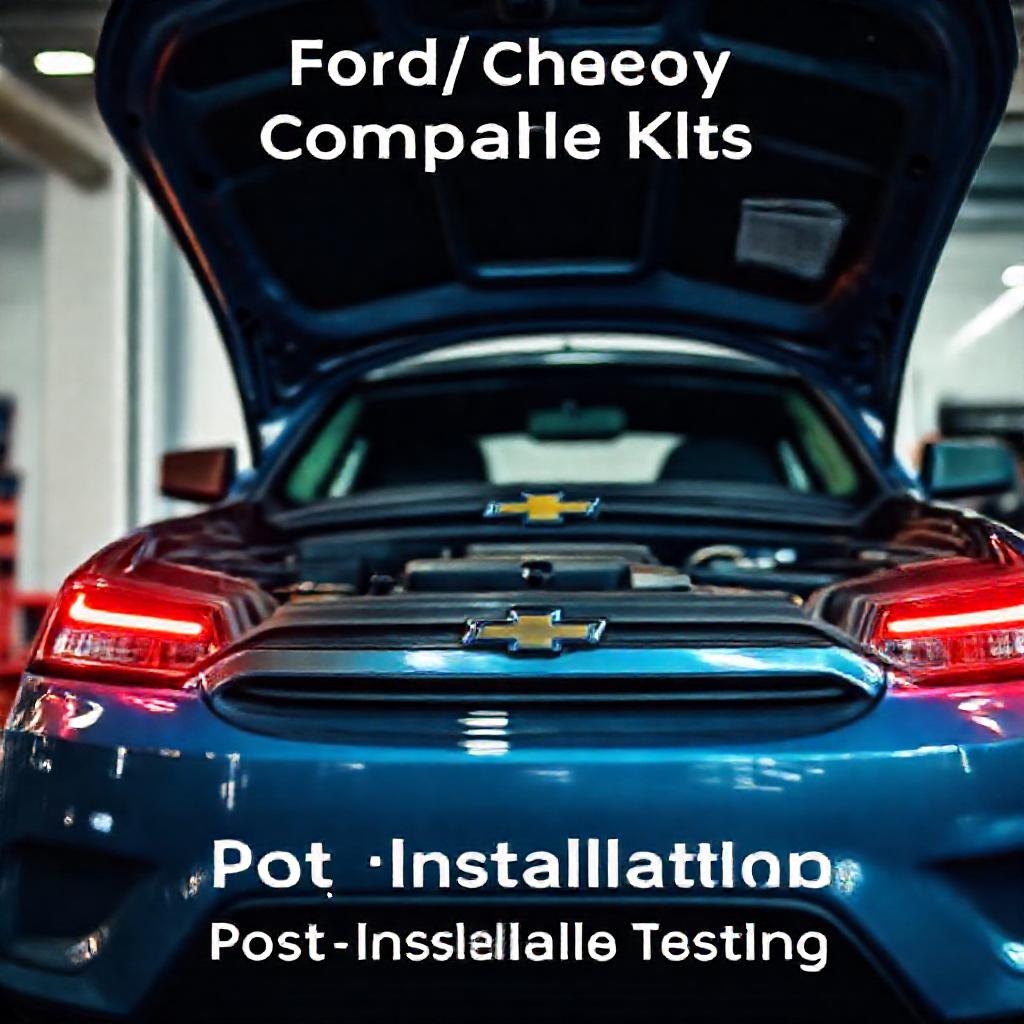
Maintenance Tips for Ford/Chevy Compatible Kits
Regular Inspections
Inspect suspension kits every 5,000 miles for wear, and check engine components after initial use. For Ford/Chevy exhaust systems, look for rust or loose connections during routine maintenance.
Cleaning and Care
Use mild soap to clean exterior kits like grilles, and avoid harsh chemicals on interior materials. For performance parts, regularly clean air filters and lubricate moving components to prevent clogging or friction.
Conclusion
Ford/Chevy compatible kits provide targeted, efficient solutions for owners aiming to customize or repair their vehicles. By understanding the differences between models and prioritizing compatibility, you can enhance performance, save money, and enjoy hassle-free installations. Whether you’re upgrading your engine or refreshing your truck’s look, always research model-specific requirements and opt for high-quality brands. Ready to elevate your ride? Start by identifying your needs and consulting trusted resources to find the perfect kit.
FAQ Section
What are the most popular Ford/Chevy compatible kits?
Popular choices include Airaid cold air intakes for Ford EcoBoost engines, Fabtech suspension kits for Chevy trucks, and Lund seat covers for Ford Bronco models. Performance tuning modules from brands like DiabloSport are also widely used.
Are Ford/Chevy compatible kits easy to install for beginners?
Many kits are designed for DIYers, especially interior or bolt-on engine components. However, complex systems like suspension or exhaust may require intermediate skills. Follow manufacturer guides or watch tutorial videos for confidence.
Can I use the same kit for both Ford and Chevy vehicles?
Most kits are model-specific due to structural differences. Always check compatibility charts or contact the manufacturer to confirm, as using a Ford F-150 lift kit on a Chevy Silverado could cause misalignment or safety risks.
How do I verify if a kit is compatible with my vehicle?
Enter your VIN on the brand’s website, consult compatibility charts, or reach out to customer support. Cross-referencing model year, engine size, and trim details is critical for accuracy.
Do Ford/Chevy compatible kits void my vehicle’s warranty?
Modifications don’t automatically void warranties unless they cause direct damage. Use kits that meet OEM specifications and retain original parts when possible. Keep installation records and consult your dealer if unsure.

